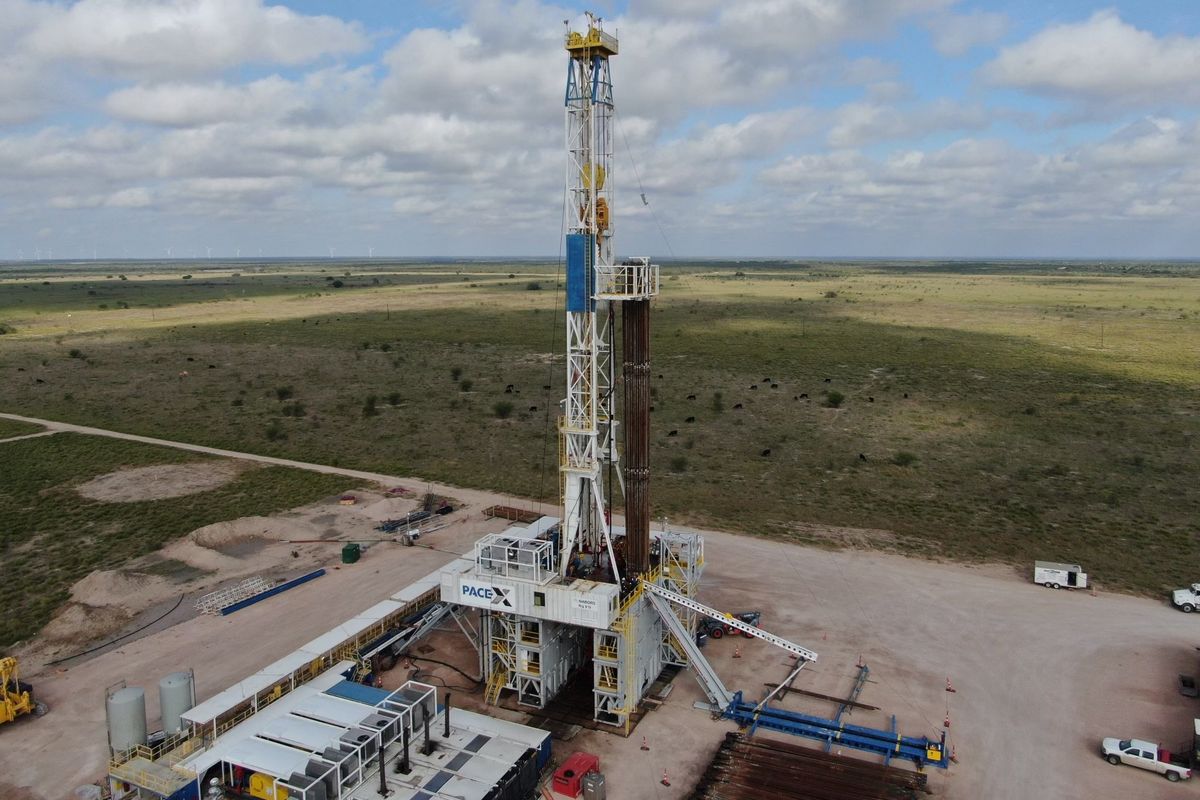U.S. News names 5 Houston suburbs as the best places to retire in 2026
Retirement Report
Houston-area suburbs should be on the lookout for an influx of retirees in 2026. A new study by U.S. News and World Report has declared The Woodlands and Spring as the fourth and fifth best cities to retire in America, with three other local cities making the top 25.
The annual report, called "250 Best Places to Retire in the U.S. in 2026" initially compared 850 U.S. cities, and narrowed the list down to a final 250 cities (up from 150 previously). Each locale was analyzed across six indexes: quality of life for individuals reaching retirement age, value (housing affordability and cost of living), health care quality, tax-friendliness for retirees, senior population and migration rates, and the strength of each city's job market.
Midland, Michigan was crowned the No. 1 best place to retire in 2026. The remaining cities that round out the top five are Weirton, West Virginia (No. 2) and Homosassa Springs, Florida (No. 3).
According to U.S. News, about 15 percent of The Woodlands' population is over the age of 65. The median household income in this suburb is $139,696, far above the national average median household income of $79,466.
Though The Woodlands has a higher cost of living than many other places in the country, the report maintains that the city "offers a higher value of living compared to similarly sized cities."
"If you want to buy a house in The Woodlands, the median home value is $474,279," the city's profile on U.S. News says. "And if you're a renter, you can expect the median rent here to be $1,449." For comparison, the report says the national average home value is $370,489.
Spring ranked as the fifth best place to retire in 2026, boasting a population of more than 68,000 residents, 11 percent of whom are seniors. This suburb is located less than 10 miles south of The Woodlands, while still being far enough away from Houston (about 25 miles) for seniors to escape big city life for the comfort of a smaller community.
"Retirees are prioritizing quality of life over affordability for the first time since the beginning of the COVID-19 pandemic," said U.S. News contributing editor Tim Smart in a press release.
The median home value in Spring is lower than the national average, at $251,247, making it one of the more affordable places to buy a home in the Houston area. Renters can expect to pay a median $1,326 in monthly rent, the report added.
Elsewhere in Houston, Pearland ranked as the 17th best place to retire for 2026, followed by Conroe (No. 20) and League City (No. 25).
Other Texas cities that ranked among the top 50 best places to retire nationwide include Victoria (No. 12), San Angelo (No. 28), and Flower Mound (No. 37).
The top 10 best U.S. cities to retire in 2026 are:
- No. 1 – Midland, Michigan
- No. 2 – Weirton, West Virginia
- No. 3 – Homosassa Springs, Florida
- No. 4 – The Woodlands, Texas
- No. 5 – Spring, Texas
- No. 6 – Rancho Rio, New Mexico
- No. 7 – Spring Hill, Florida
- No. 8 – Altoona, Pennsylvania
- No. 9 – Palm Coast, Florida
- No. 10 – Lynchburg, Virginia
This article originally appeared on CultureMap.com.






 Apple doubles down on Houston with new production facility, training center Photo courtesy Apple.
Apple doubles down on Houston with new production facility, training center Photo courtesy Apple.